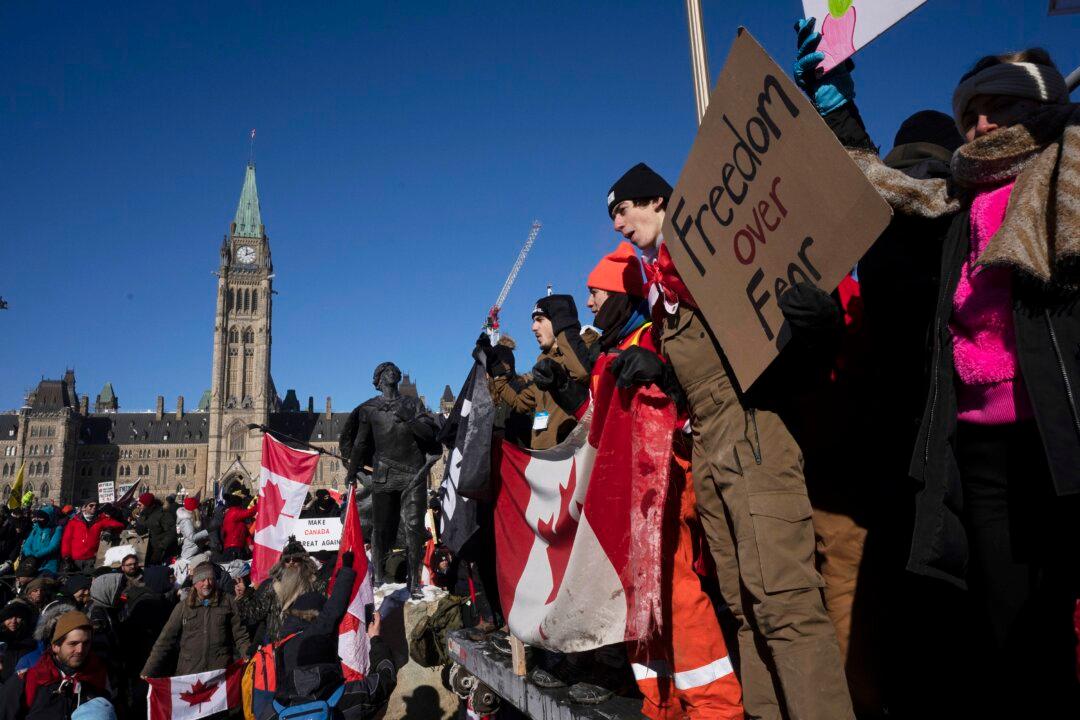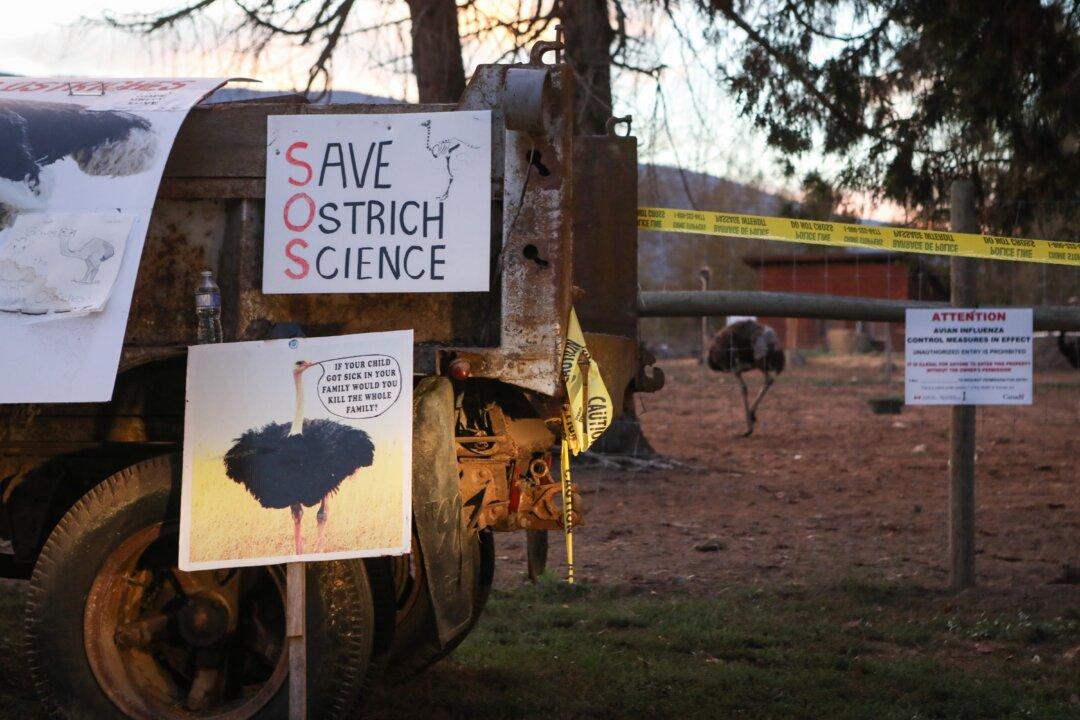Government overreach and the loss of civil liberties during the COVID-19 pandemic take centre stage in a newly released book that documents an unprecedented time in Canadian history.
“Pandemic Panic: How Canadian Government Responses to COVID-19 Changed Civil Liberties Forever“ focuses on setting the record straight in a time of chaos, the authors told The Epoch Times.





